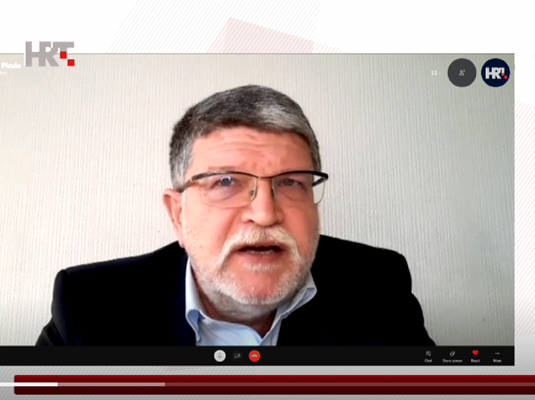Regarding the causes and course of the war in Ukraine, Tonino Picula claims that the future of Ukraine depends on how one understands the new political context in the world and that there are many players who perceive in different ways what formally began to happen on February 24 last year, but it actually lasts much longer.
"Let's not forget that the Russian aggression against Ukraine is certainly the most influential event in recent history. Not only of Europe but also of the world. And I would say that this is a unique experience gained by all participants in the political scene over the past year, regardless of their role in the conflict. The invasion of Ukraine reshaped European political and international relations. Certainly, the attitude towards Russia's invasion of Ukraine is one of the most important elements of the identity of any policy today."
It is therefore crucial to understand that two sectors dominate world politics. These are security and energy, emphasizes Picula.
"As a result of Russia's invasion of Ukraine, we got two types of citizens. Some fear the end of the world because they fear the escalation of the war into a nuclear conflict. The other kind is afraid of the end of the month, that is, the ever-increasing cost of living, the price of energy and food."
The war in Ukraine, he points out, has also brought the European Union into a unique historical situation. It faced "a number of its own advantages, but also weaknesses. First of all, the world appeared about the triple dependence of the EU: energy on Russia, market - production on China, and security on the United States of America."
"There is one significant group within each EU member that wants to see the end of the war as soon as possible. The motives are different, while some talk about the economic price that member states and the EU are paying to help Ukraine, the question remains how sustainable it all is. On the other hand, there are political differences that formed even before Putin's attack on Ukraine. For years, Russia has invested considerable efforts and financial resources to influence the functioning of European institutions," concluded Picula.


